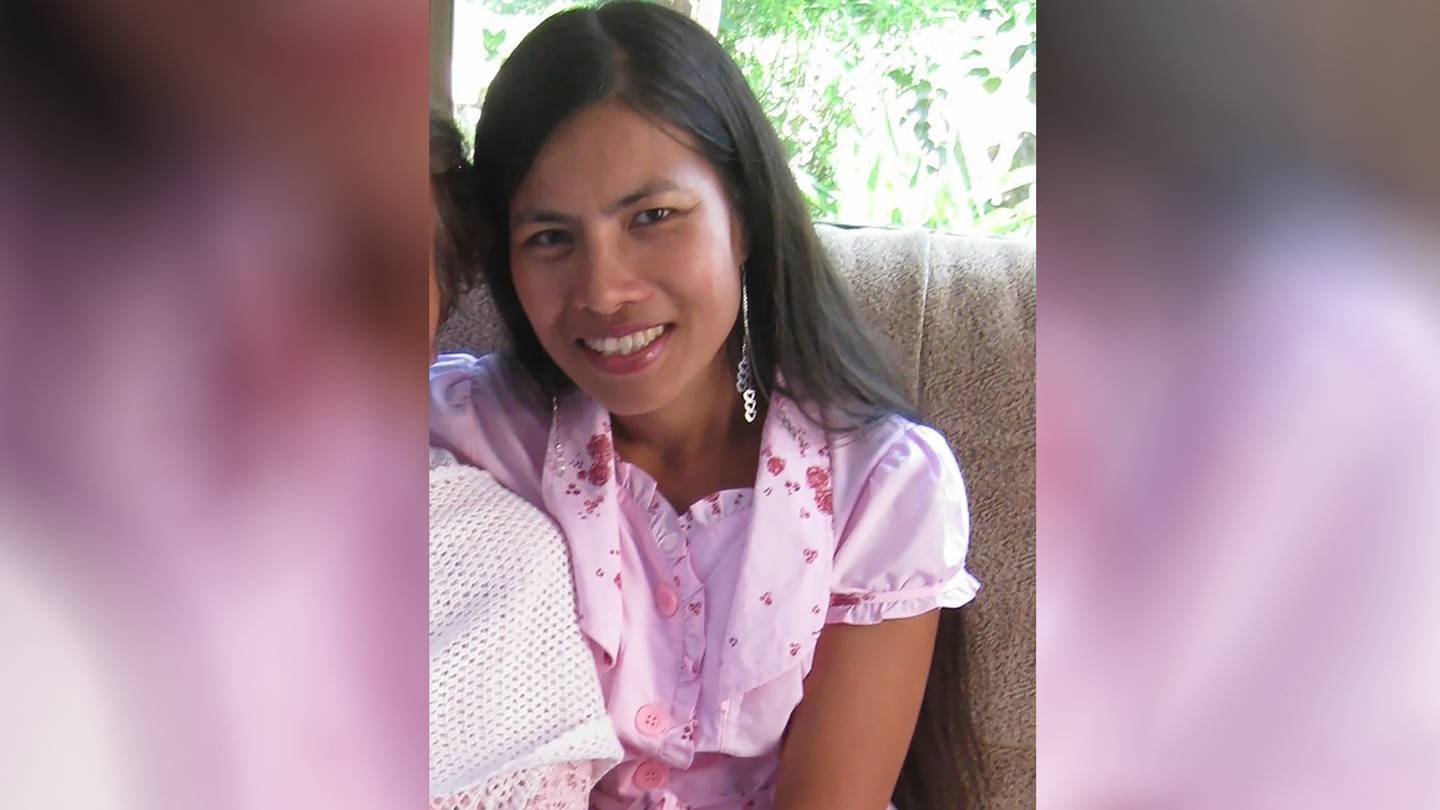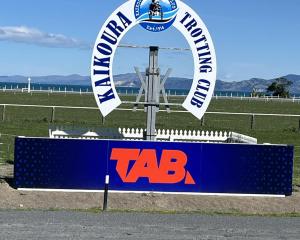
After two police investigations and a three-stage coronial inquest, the family of Thai national Bua-Ngoen "Goy" Thongsi, who perished off the North Canterbury coast in February 2015, still have no idea how she died.
"Unfortunately, and sadly for Ms Thongsi, [...] I cannot be satisfied, even on the balance of probabilities standard that applies to my jurisdiction, that the sequence of events which led to Ms Thongsi's death has been fully disclosed," Coroner Brigitte Windley says in her 78-page findings into the death released today.
The body of the 37-year-old crayfish scuba diver, who was possibly pregnant at the time, was recovered off Motunau Beach two days after she disappeared.
Coroner Windley ruled the accounts of her dive companions to be "insufficiently credible".
The inquest's key witnesses were four men on board the boat on February 8, 2015, whose identities can finally revealed today: boat owner and skipper David Avei, a married man who admitted having a relationship with Thongsi at the time of her death; and Brent Chappell, Ina Tikeii and Wally Mohi.
"Despite rigorous exploration, the witness accounts of these men remain largely irreconcilable on key points, and individually and collectively fail to disclose a plausible and cogent explanation for either Ms Thongsi's loss of buoyancy, or her death," Coroner Windley concludes.
However, she found it was unlikely Thongsi, described as a keen but relatively novice scuba diver, died after a medical event, or from equipment failure or any natural event like a shark attack. Examinations found nothing wrong with her gear and she had nearly a full tank of oxygen.
In February 2019, after a third hearing, Coroner Windley asked police if they would undertake any further review or investigation into Thongsi's death.
They reopened the case with oversight and review by senior detectives but concluded that no criminal charges were under consideration.
Police have always maintained that her diving inexperience was a contributor to her death.
But Coroner Windley did not find the police inquiries helped provide a sensible or credible explanation for the cause and circumstances of Thongsi's death.
The inquest heard how Thongsi had dived into the water from a boat off the Motunau coast on the morning of February 8, 2015, after spending the night at Avei's house.
She resurfaced after her spare regulator was leaking some air.
Avei pushed the regulator a few times which appeared to fix it, the inquest had heard.
Another member of the dive party, Chappell helped Thongsi as the skipper Avei returned to the wheel of the boat.
But as Thongsi went back below the water's surface, versions of events differ.
Avei thought she was breathing as she went back under and saw bubbles emerge.
However, Chappell, who had been holding her hand, described her as showing no signs of life, looking through him, and sinking straight down.
Three inquest hearings were unable to establish who released air from Thongsi's buoyancy compensator (BCD).
During the inquest Avei was questioned why just one "half-hearted search" was made after she disappeared below the water's surface and why it took him nearly an hour before ringing 111.
"I was just hoping that she would come up," Avei told the inquest, adding that after her not being seen for four minutes, he didn't think she would be alive.
On the shore, a volunteer fisheries officer reported "nothing felt right" about the way the skipper and his mates were reacting about losing a diver.
The varying accounts were hard for Coroner Windley to reconcile – and led to her making scathing remarks in her findings – although she stressed there was no suggestion anything sinister happened.
"They were largely poor witnesses who professed to be unable to recall, in a sensible and coherent fashion, an event which should have been highly memorable," she said.
"They have also been unable to explain events which, in the absence of explanation, appear both remarkable and highly curious.
"Aside from their inability to explain how Ms Thongsi died, despite her very close physical proximity to them, they cannot satisfactorily explain the delay of more than an hour in seeking to summon assistance, or Mr Avei's cursory rescue effort."
She added that the group, and Avei in particular, showed an attitude to Thongsi's death that "revealed none of the selflessness or urgency which I heard more typically accompanies a diving-related death".
Avei's behaviour, including the quick abandonment of a rescue dive and an anxiety to depart the scene, all indicated a "disturbing level of indifference" to Thongsi and her fate, the coroner found.
It all led to Coroner Windley being unable to make a finding as to her exact cause of death.
"Unfortunately, and sadly for Ms Thongsi, despite testing the evidence at length under oath over the course of three inquest hearings during 2018, and a thorough investigation being conducted by police, I cannot be satisfied, even on the balance of probabilities standard that applies to my jurisdiction, that the sequence of events which led to Ms Thongsi's death has been fully disclosed," the coroner says.
In conclusion, the coroner stressed the importance of buddy diving and of skippers adhering to safety practices.
"I extend my condolences to the family and friends of Ms Thongsi for their loss," Coroner Windley concluded.














